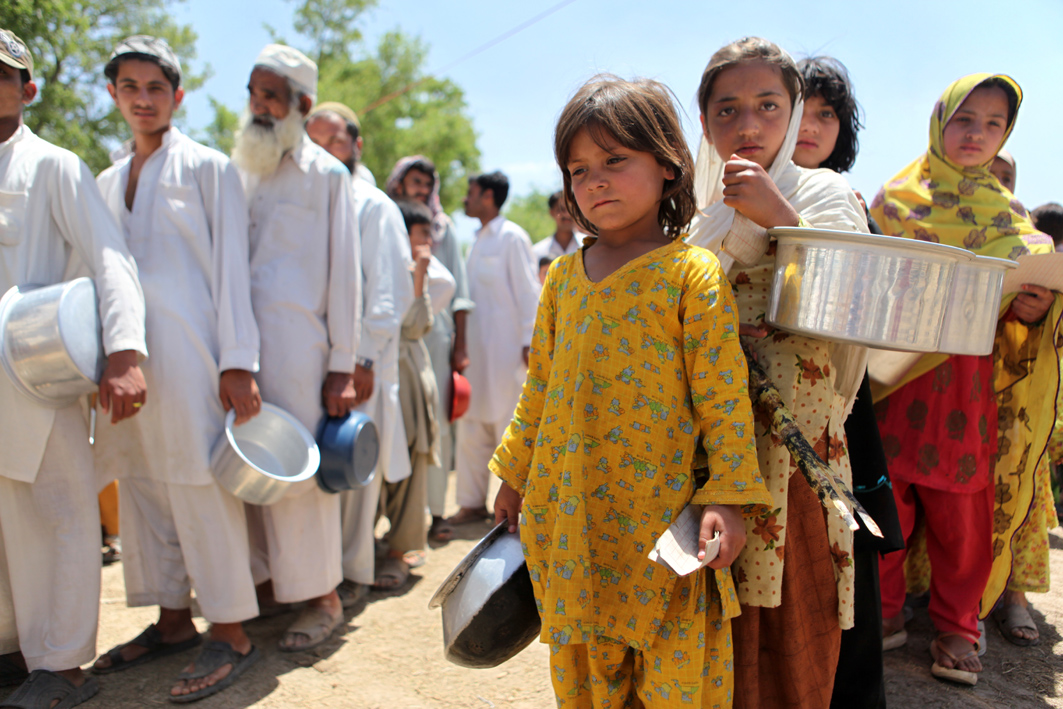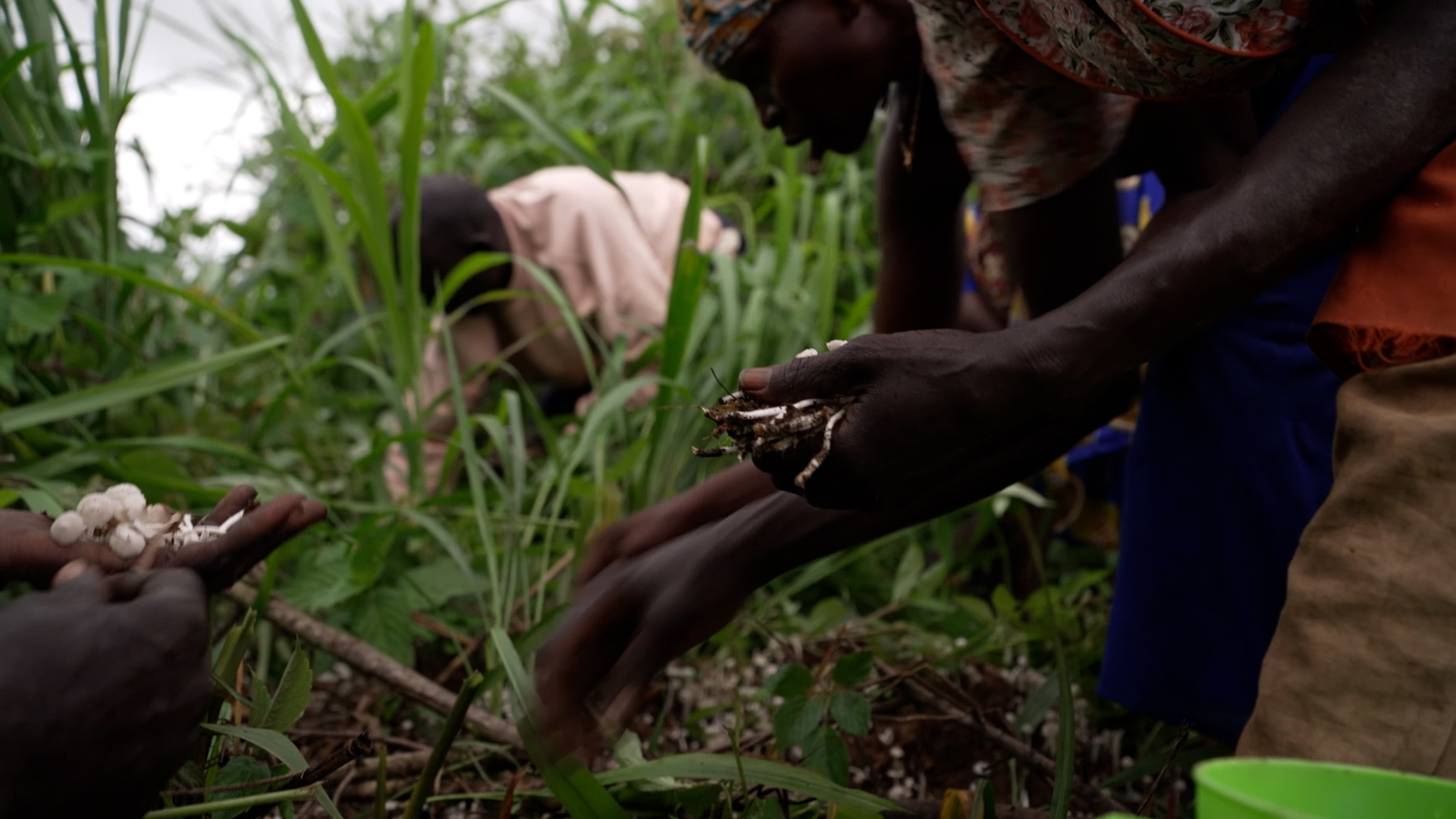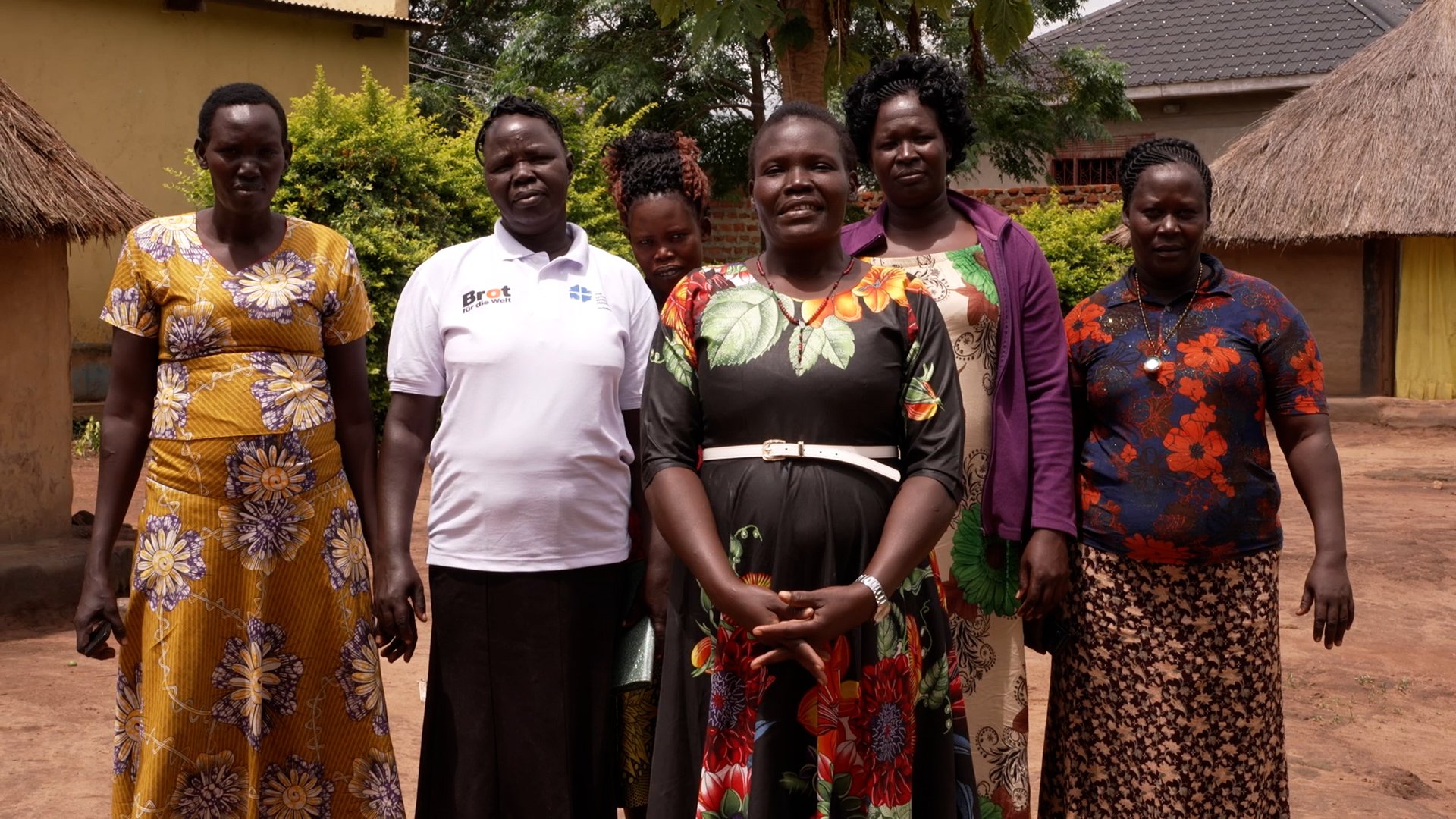World Refugee Day: 42 million uprooted people waiting to go home
World Refugee Day: 42 million uprooted people waiting to go home

By António Guterres
UN High Commissioner for Refugees
GENEVA - As we mark World Refugee Day on June 20, the number of people forcibly uprooted by conflict and persecution worldwide stands at more than 42 million, including 16 million refugees outside their countries and 26 million others displaced internally.
This overall total reflects global displacement figures compiled at the end of 2008. But the number has already grown substantially since the beginning of this year with more large displacements in Pakistan, Sri Lanka and Somalia totaling well over 2.3 million people. And there are more worrisome signs on the horizon.
While some displacement situations are short-lived, others can take years and even decades to resolve. At present, for example, UNHCR counts 29 different groups of 25,000 or more refugees in 22 nations who have been in exile for five years or longer. This means that nearly 6 million refugees are living in limbo, with no solutions in sight. Millions more internally displaced people (IDPs) also are unable to go home in places like Colombia, Iraq, the Democratic Republic of the Congo and Somalia.
In addition to prolonged conflict and the increasingly protracted nature of displacement, we are also seeing a decline in the number of refugees and internally displaced people going home. In 2008, about 2 million people were able to repatriate, but that was a sharp drop from the year before. Refugee repatriation (604,000) was down 17 percent in 2008, while IDP returns (1.4 million) dropped by 34 percent. It was the second-lowest repatriation total in 15 years and the decline in part reflects deteriorating security conditions, namely in Afghanistan and Sudan.
In 2008, we also saw a 28 percent increase in the number of asylum seekers making individual claims, to 839,000. South Africa (207,000) was the largest single recipient of individual asylum claims, followed by the United States (49,600), France (35,400) and Sudan (35,100).
The global economic crisis, gaping disparities between North and South, growing xenophobia, climate change, the relentless outbreak of new conflicts and the intractability of old ones all threaten to exacerbate this already massive displacement problem. We and our humanitarian partners are struggling to ensure that these uprooted people and the countries hosting them get the help they need and deserve.
Some 80 percent of the world's refugees and internally displaced people are in developing nations, underscoring the disproportionate burden carried by those least able to afford it as well as the need for more international support. It also puts into proper perspective alarmist claims by populist politicians and media that some industrialised nations are being "flooded" by asylum seekers. Most people forced to flee their homes because of conflict or persecution remain within their own countries and regions in the developing world.
Major refugee-hosting nations in 2008 included Pakistan (1.8 million); Syria (1.1 million); Iran (980,000); Germany (582,700), Jordan (500,400); Chad (330,500); Tanzania (321,900); and Kenya (320,600). Major countries of origin for refugees included Afghanistan (2.8 million) and Iraq (1.9 million), which together account for 45 percent of all UNHCR refugees. Others were Somalia (561,000); Sudan (419,000); Colombia (374,000), and the Democratic Republic of the Congo (368,000). Nearly all of these countries are in the developing world.
Unfortunately, however, we cannot say that generosity and wealth are proportional to each other. As conflicts drag on with no political solutions, the pressure on many of these poor countries is nearing the breaking point. They need more international help now. Without it, UNHCR and other aid agencies will be forced to continue making heartbreaking decisions on which necessities must be denied to uprooted families.
Of the global total of uprooted people in 2008, UNHCR cares for 25 million, including a record 14.4 million internally displaced people -- up from 13.7million in 2007 -- and 10.5 million refugees. The other 4.7 million refugees are Palestinians under the mandate of the UN Relief and Works Agency.
Although international law distinguishes between refugees, who are protected under the 1951 Refugee Convention, and the internally displaced, who are not, such distinctions are absurd to those who have been forced from their homes and who have lost everything. Uprooted people are equally deserving of help whether they have crossed an international border or not. That is why UNHCR is working with other UN agencies to jointly provide the internally displaced with the help they need, just as we do for refugees.
My agency's caseload of internally displaced has more than doubled since 2005. Displaced populations include Colombia, some 3 million; Iraq 2.6 million; Sudan's Darfur region, more than 2 million; Eastern Democratic Republic of the Congo, 1.5 million; Somalia 1.3 million. Other increases in displacement in 2008 were in Afghanistan, Pakistan, Sri Lanka, Georgia, Yemen.
Just as the international community felt an obligation to spend hundreds of billions rescuing the international financial system, it should feel the same urgency to rescue some of the most vulnerable people on earth - refugees and the internally displaced. And the amount needed is only a fraction of that spent on financial bailouts.
Finding solutions for more than 40 million people forced to flee their homes because of conflict and persecution is difficult, but not impossible. With the necessary political will and humanitarian support from the international community, we can ease the suffering of the world's uprooted people and finally bring their exile to an end.
António Guterres, a former Portuguese prime minister, has been UN High Commissioner for Refugees since 2005.








